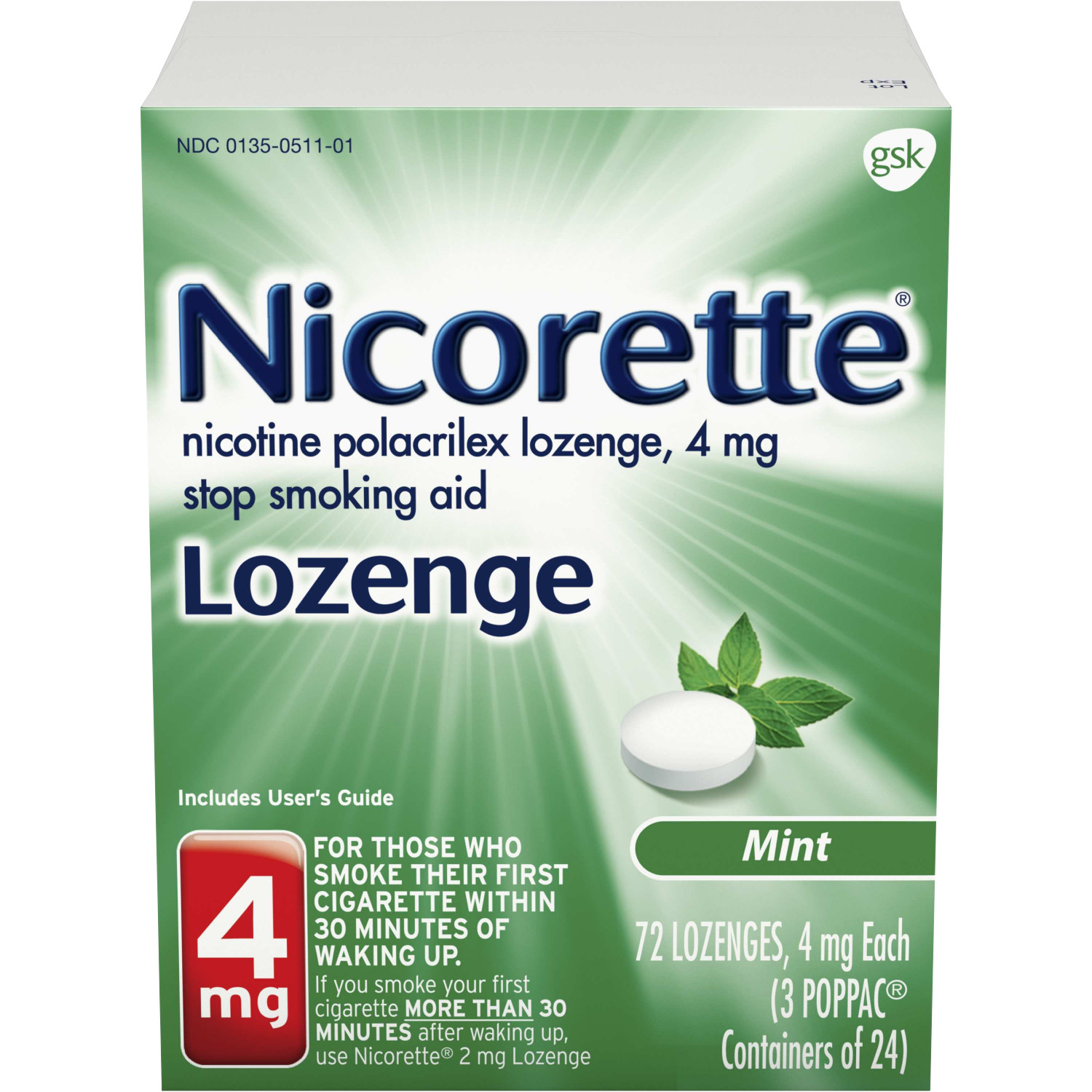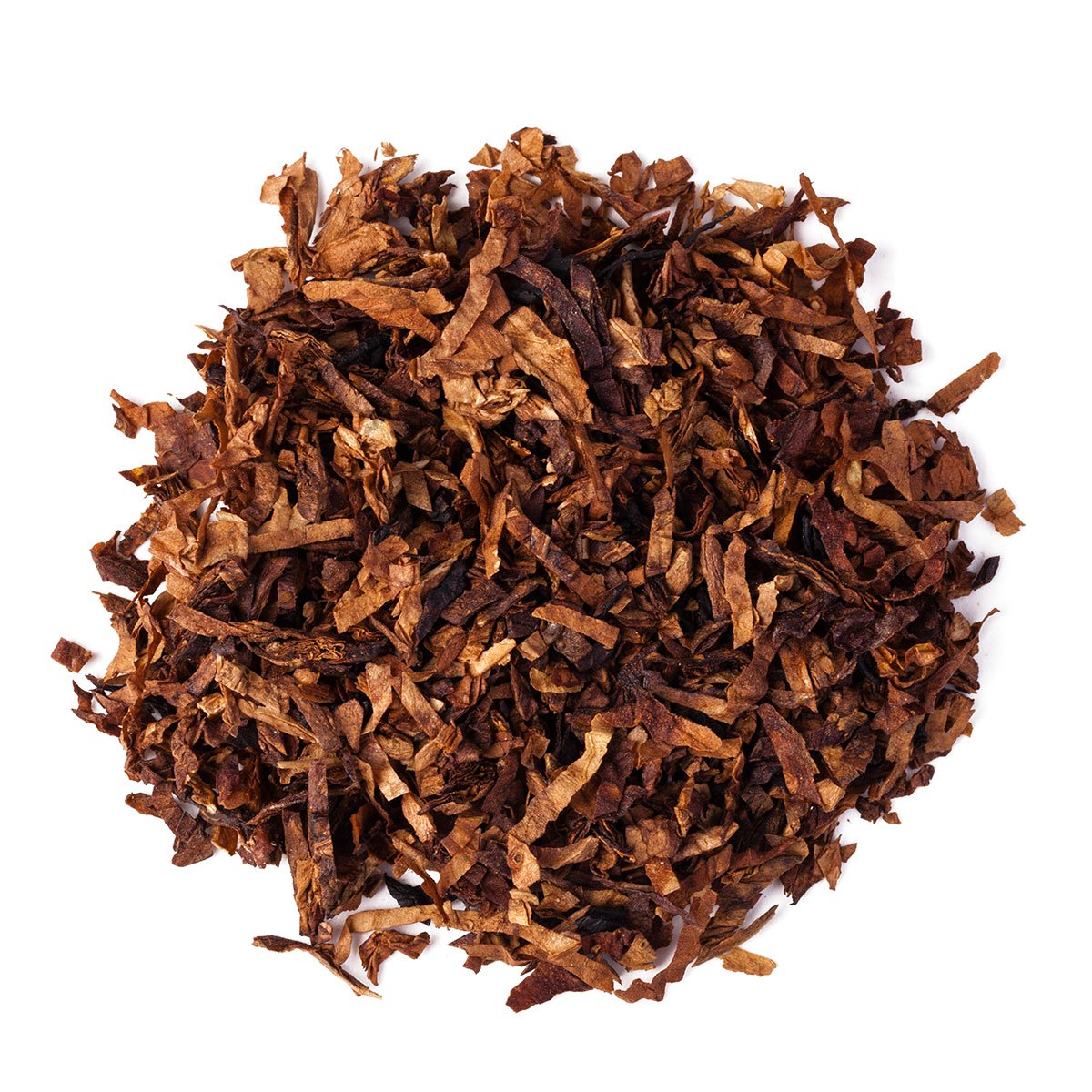

Schnoll RA, Goelz PM, Veluz-wilkins A, et al. Nicotine replacement therapy for quitting tobacco. Department of Health and Human Services.Ĭenters for Disease Control and Prevention. Mind-body practices: an alternative, drug-free treatment for smoking cessation? A systematic review of the literature.
#BREEZE PLUS ZERO NICOTINE HOW TO#
How to handle withdrawal symptoms and triggers when you decide to quit smoking. Enhanced Sensory-Cognitive Processing by Activation of Nicotinic Acetylcholine Receptors. Handling nicotine withdrawal and triggers when you decide to quit tobacco. Effects of exercise with or without light exposure on sleep quality and hormone reponses. Change in mental health after smoking cessation: systematic review and meta-analysis. Taylor G, Mcneill A, Girling A, Farley A, Lindson-hawley N, Aveyard P. How cigarette smoking may increase the risk of anxiety symptoms and anxiety disorders: a critical review of biological pathways. Effect of cigarette smoke on gustatory sensitivity, evaluation of the deficit and of the recovery time-course after smoking cessation. Department of Health and Human Services.Ĭhéruel F, Jarlier M, Sancho-garnier H.

Tobacco addiction and the dysregulation of brain stress systems. Nicotine dependence and psychological distress: outcomes and clinical implications in smoking cessation. Department of Health and Human Services.Ĭosci F, Pistelli F, Lazzarini N, Carrozzi L. Daytime exercise, particularly outdoor exercise that exposes you to sunlight, can help you feel more relaxed and sleepy at bedtime.

Sleep problems: Difficulty sleeping, also known as insomnia, is quite common during nicotine withdrawal.Sore throat and increased coughing: As the lungs begin to heal, you may find yourself coughing more to expel harmful compounds from the body.It is important to remember that some mood changes are normal during nicotine withdrawal, and they don't necessarily indicate that anything is wrong. Depressed mood: People often feel sad, depressed, or have a low mood during nicotine withdrawal, sometimes known as a dysphoric or depressed mood.Ideally, while you're in the throes of nicotine withdrawal, you should try to give yourself plenty of space from others, as you may end up treating them in ways they don't appreciate or deserve. Irritability: This mood change can range from feeling irritable or frustrated to feeling angry.This state of anxiety is heightened during nicotine withdrawal for people who are prone to anxiety in general. Anxiety and restlessness: The anxiety you feel during nicotine withdrawal can range from feeling on edge to feeling fearful or even panicky at the thought of facing the future without the calming effects of nicotine.These urges are known as cravings, common among people withdrawing from many addictive substances. Strong nicotine cravings: Most people withdrawing from nicotine experience intense urges to smoke.


 0 kommentar(er)
0 kommentar(er)
